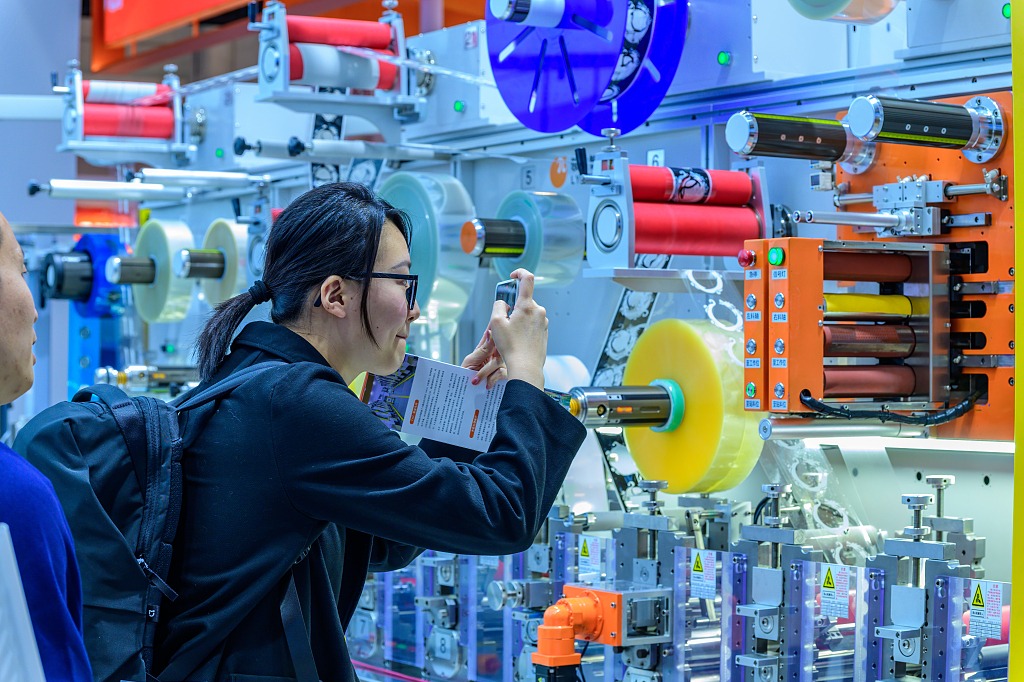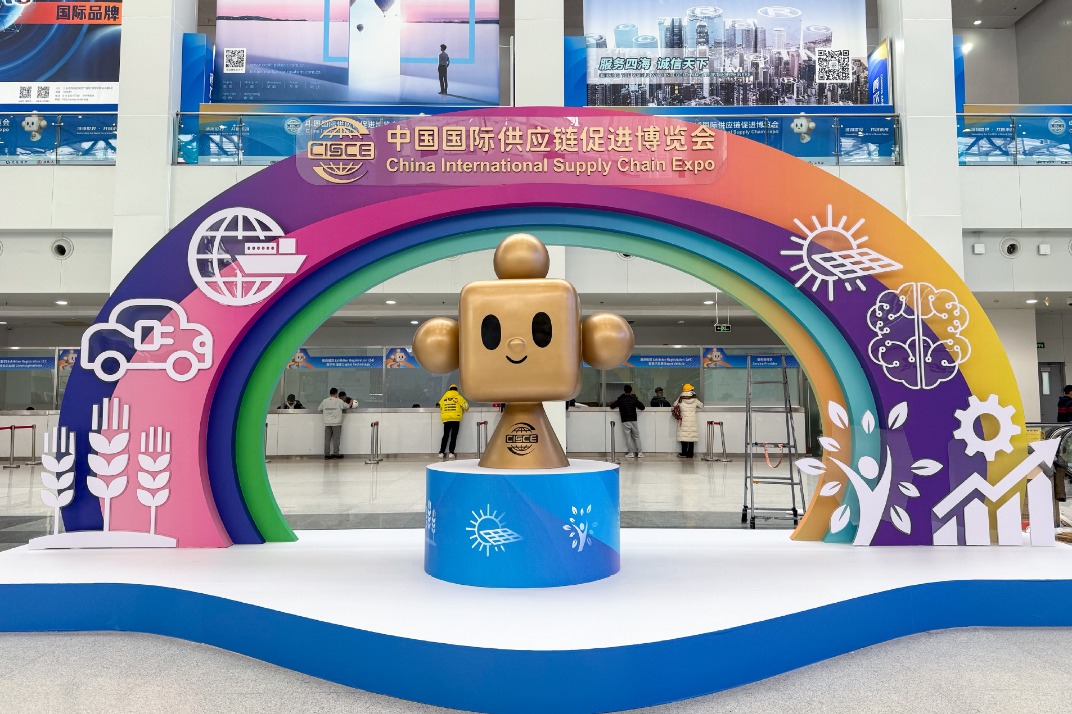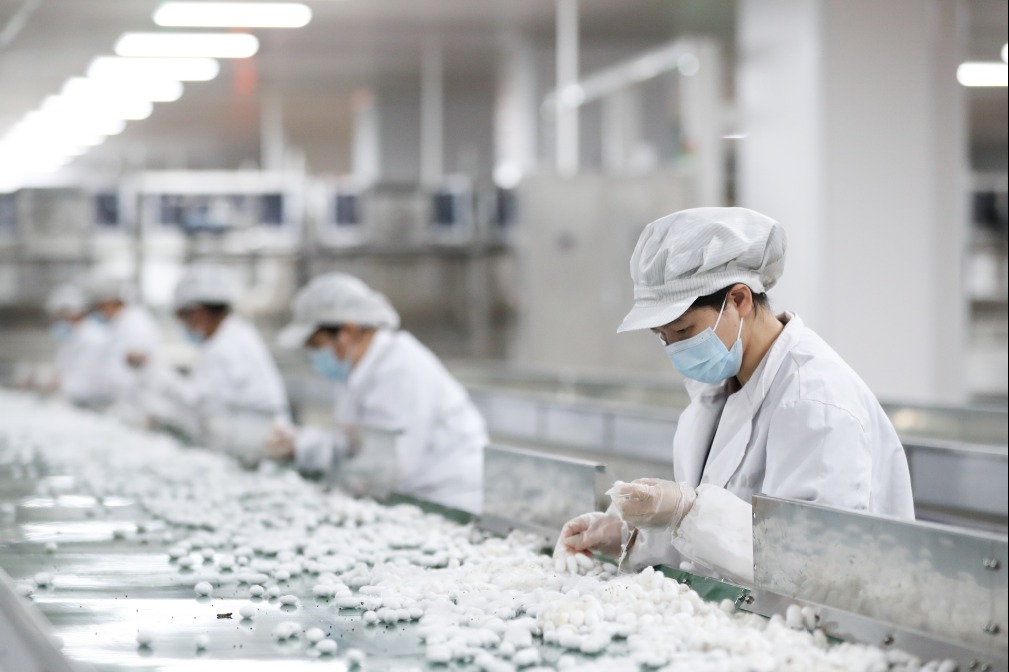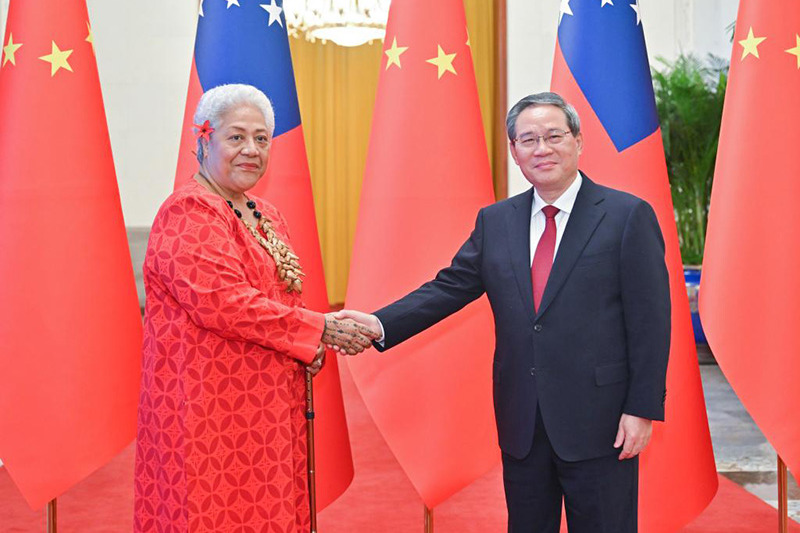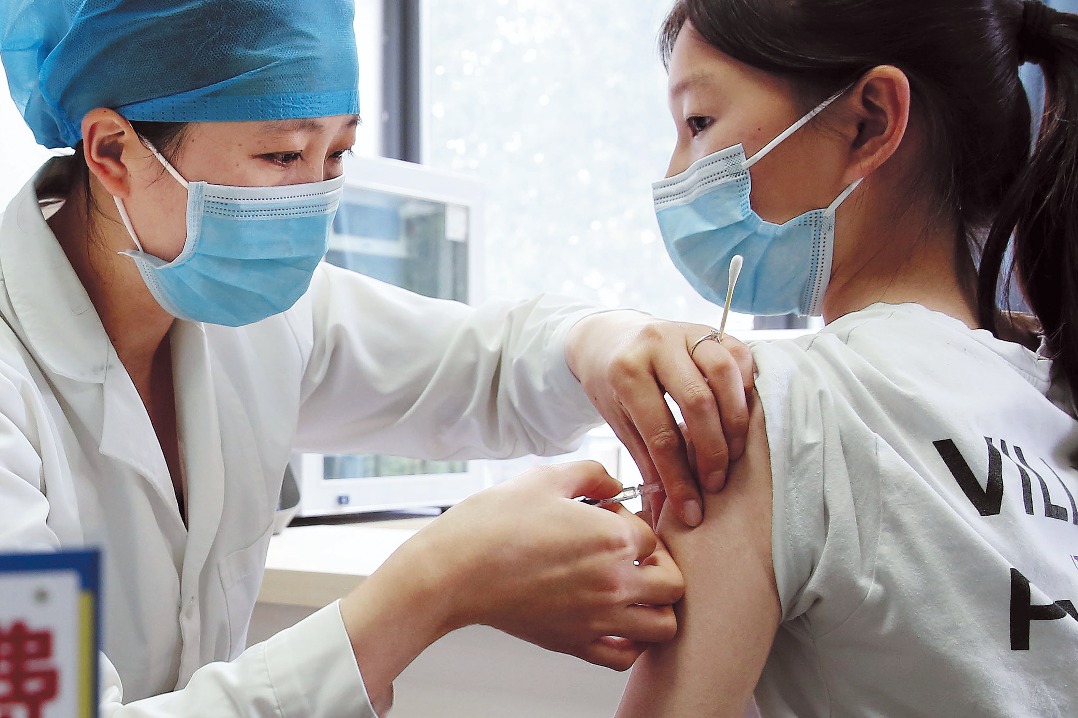HPV vaccine makers eye growth overseas
Companies make notable inroads abroad amid near market saturation in domestic sector


As the domestic market approaches a potential saturation point and intensified price competition becomes more of a challenge, China's human papillomavirus vaccine manufacturers are seeking to expand incremental markets and explore overseas opportunities to secure further growth.
According to its latest financial report, in the first three quarters, Beijing-based Wantai Biopharm, a major HPV vaccine producer in China, reported revenue of 1.95 billion yuan ($269 million), down 60.8 percent year-on-year, while net profit stood at 267 million yuan, a significant decline of 85.25 percent.
Wantai Biopharm in its statement attributed the sharp decline in performance to factors including extended market impact of nine-valent HPV vaccines, intensified competition and inventory adjustments, which have all added up to sales declines.
Similarly, over the same period, another major player in the country's HPV vaccine market — Kunming, Yunnan province-based Walvax Biotechnology — also recorded revenue of 2.14 billion yuan, a decrease of 32.2 percent year-on-year, with a net profit of 256 million yuan, down 53.7 percent, which points to sustained sales pressure on vaccine companies in the sector.
Currently, five HPV vaccines have been approved for use in China — three bivalent, one quadrivalent, and one nine-valent. Among these, domestic manufacturers account for two bivalent HPV vaccines produced by Wantai and Walvax. By the end of August, 18 clinical trial approvals had been granted for domestically developed HPV vaccines from 10 companies.
Wantai's bivalent vaccine, the first domestically approved HPV vaccine, had previously driven substantial growth for the company.
Launched in May 2020, its batch release volume reached over 2 million doses that year, generating nearly 700 million yuan in annual revenue and accounting for 80 percent of the company's vaccine business. The vaccine's release volume surpassed 10 million doses in 2021 and rocketed to 25 million doses in 2022, said the National Institutes for Food and Drug Control.
However, with more players entering the market and intensified government procurement competition, sales performance of the bivalent vaccine has been greatly impacted.
In 2023, its annual sales plummeted to about 13 million doses, with the price dropping significantly from the original release level of over 300 yuan to around 110 yuan per dose that year.
A historical point came when earlier this year, Wantai's bivalent HPV vaccine was priced at 86 yuan per dose in Jiangsu province's government procurement project, marking the official entry of domestic bivalent HPV vaccines into the "below 100 yuan" era. Yet, price reductions did not stop there.
















